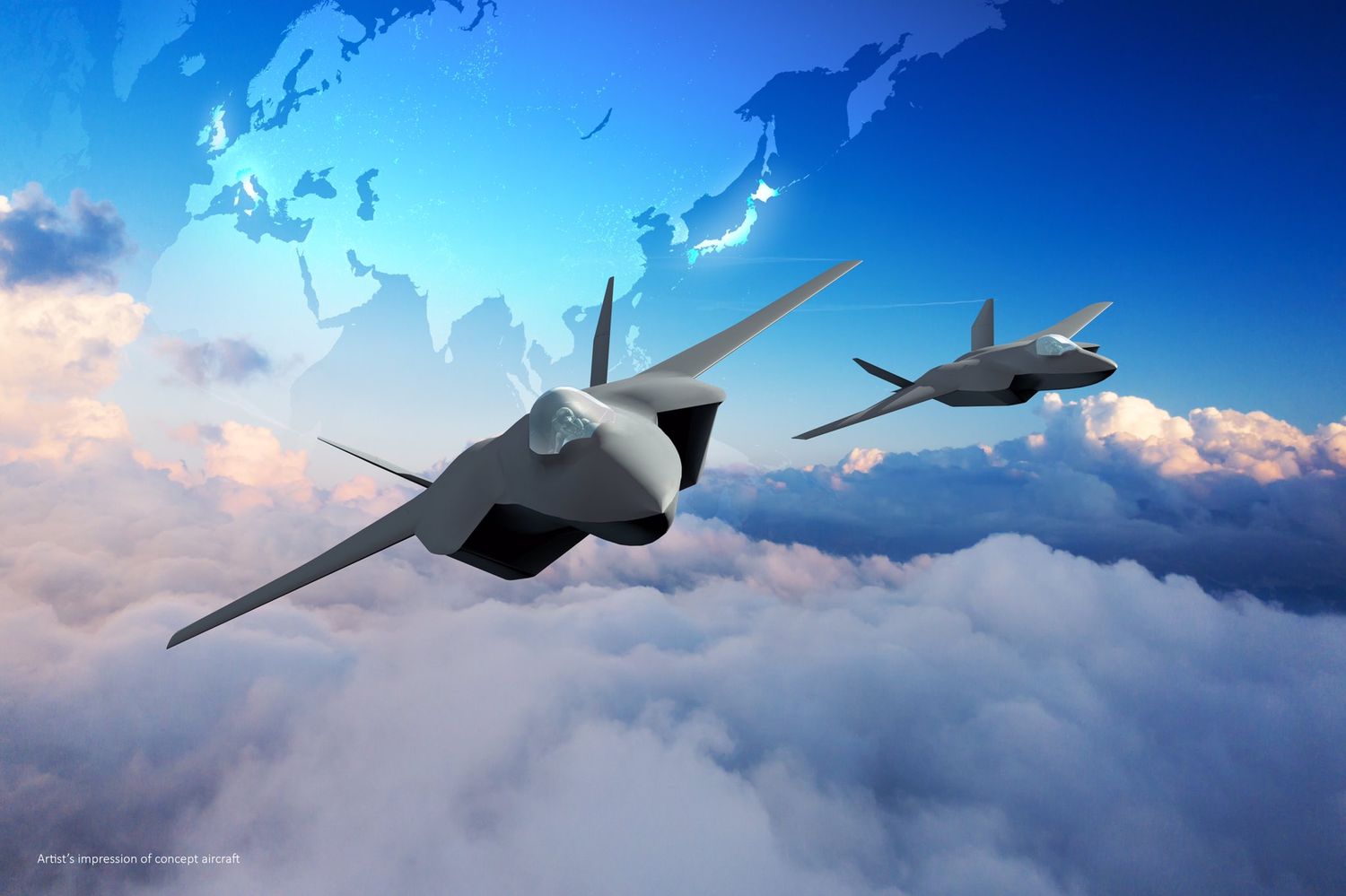On December 9, 2022, the leaders of Japan, Italy and the United Kingdom issued a joint statement on cooperation in the joint development of next-generation fighter aircraft by the three countries.
The F-X (Japan) and FCAS/Tempest (UK and Italy) programs are merged into the new Global Combat Air Programme (GCAP).
Joint statement:
«As leaders of Japan, Italy and the UK, we are committed to upholding the rules-based, free and open international order, which is more important than ever at a time when these principles are contested, and threats and aggression are increasing. Since defending our democracy, economy and security, and protecting regional stability, are ever more important, we need strong defence and security partnerships, underpinned and reinforced by a credible deterrent capability.
Our three nations have longstanding, close relationships based on the shared values of freedom, democracy, human rights and the rule of law. Today, we are taking the next step in our deepening trilateral partnership. We are announcing the Global Combat Air Programme (GCAP) – an ambitious endeavour to develop a nextgeneration fighter aircraft by 2035.
Through the GCAP, we will build on our longstanding defence relationships. The GCAP will accelerate our advanced military capability and technological advantage. It will deepen our defence co-operation, science and technology collaboration, integrated supply chains, and further strengthen our defence industrial base.
This programme will deliver wider economic and industrial benefits, supporting jobs and livelihoods across Japan, Italy and the UK. It will attract investment in research and development into digital design and advanced manufacture processes. It will provide opportunities for our next generation of highly skilled engineers and technicians. By working together in a spirit of equal partnership, we are sharing the costs and the benefits of this investment in our people and technologies. Importantly, the programme will support the sovereign capability of all three countries to design, deliver and upgrade cutting-edge combat air capabilities, well into the future.
This programme has been designed with our Allies and partners at its very heart. Future interoperability with the United States, with NATO and with our partners across Europe, the Indo-Pacific and globally – is reflected in the name we have chosen for our programme. This concept will be at the centre of its development. We share ambition for this aircraft to be the centrepiece of a wider combat air system that will function across multiple domains.
Our hope is that the Global Combat Air Programme, and through it our capability partnership, will be a cornerstone of global security, stability and prosperity in the coming decades«
The outcome of GCAP, planned for 2035, will be a state-of-the-art aircraft equipped with a network of capabilities, such as unmanned combat aircraft, advanced sensors, next-generation weapons and innovative data systems.
There is no mention of Sweden, which had been at the beginning of the FCAS/Tempest partnership, so this is official confirmation that it is no longer part of the program.
Japan and the U.S. to work together on autonomous systems
At the same time, Japan and the U.S. issued another joint statement in which they announced that they had already been collaborating on autonomous systems, which could complement the future Japanese next-generation fighter; and that starting next year, they agreed to begin concrete cooperation.
There are no further details, but it is likely that Japan will join the Loyal Wingman program carried out by Australia, which has aroused serious interest in the USAF, so it is expected that the collaboration on the Boeing MQ-28 Ghost Bat will increase significantly.



Comentarios
Para comentar, debés estar registrado
Por favor, iniciá sesión